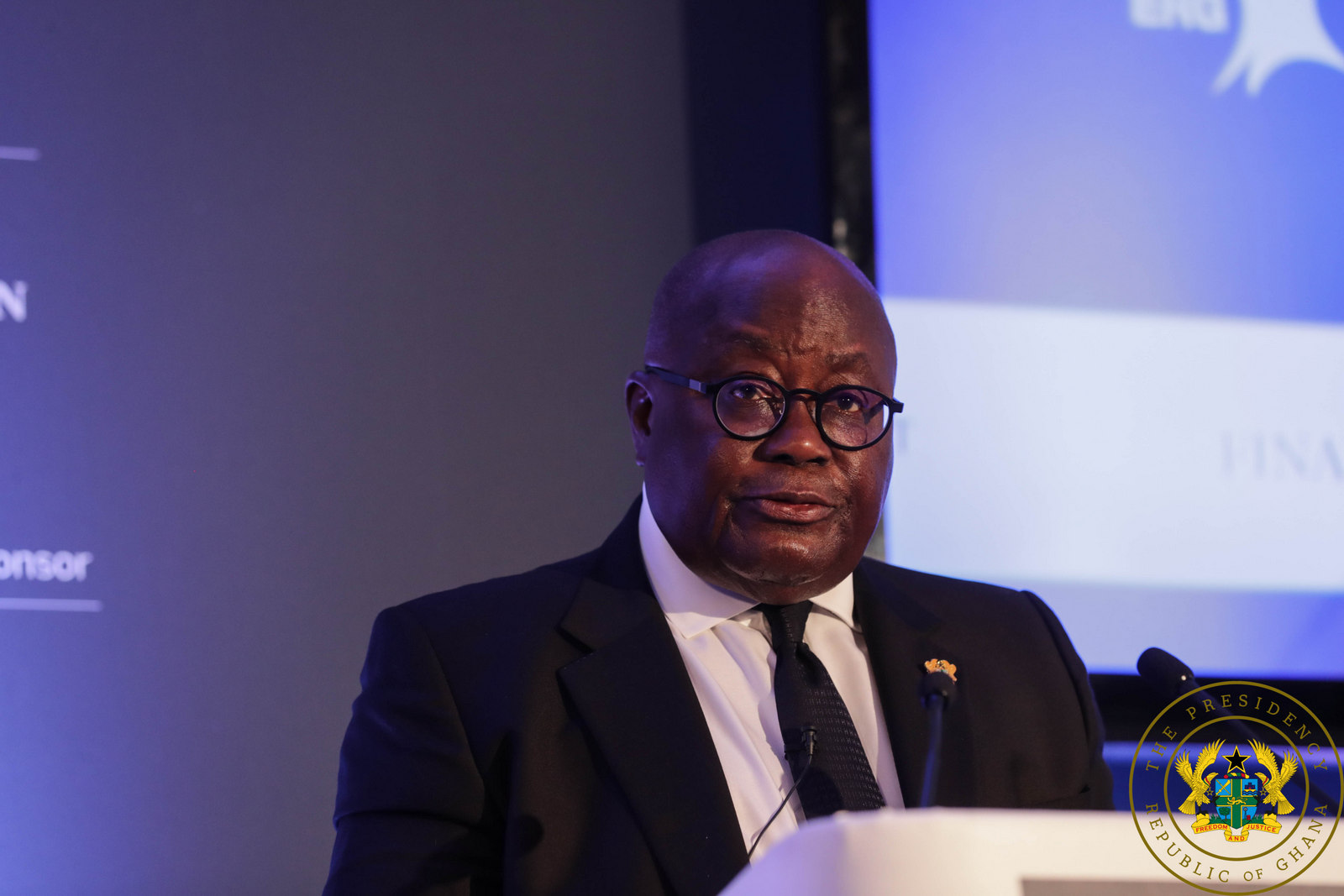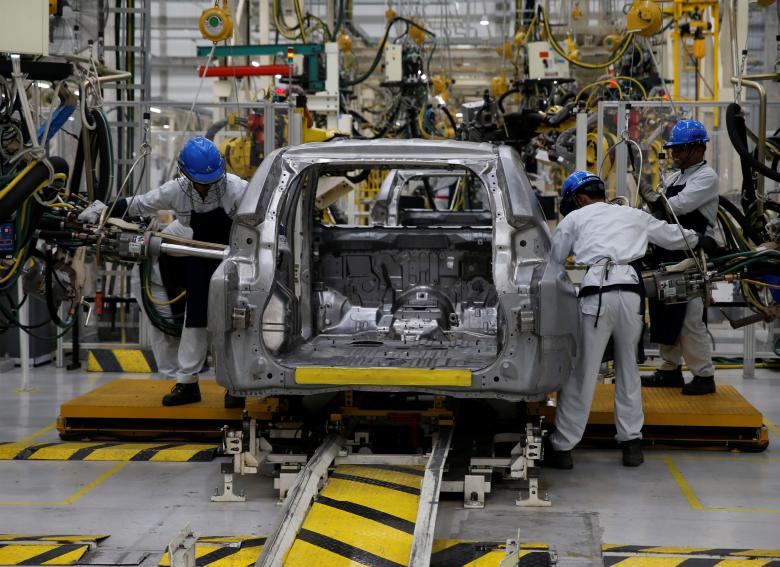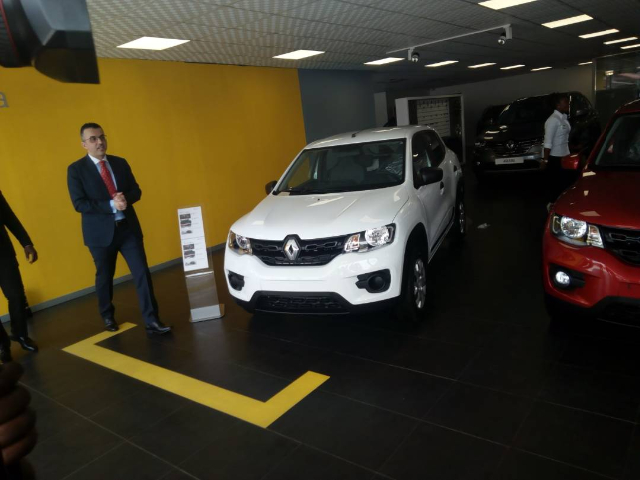
Carlos Ghosn has been ousted after nearly two decades at the helm of Japanese carmaker Nissan, following allegations of financial misconduct.
He has been accused by Nissan of under-reporting his salary and using company assets for personal use.
But some see it as part of the firm’s attempt to rebalance power in its alliance with Renault and Mitsubishi, which Mr Ghosn also chairs.
The 64-year-old was the architect of the tie-up between the three firms.
The board also voted to remove senior executive Greg Kelly.
Nissan’s board issued a statement which said the decision to dismiss the two men was unanimous. The board’s mission was “to minimise the potential impact and confusion on the day-to-day cooperation among the Alliance partners”, it added.
Mr Ghosn and Mr Kelly remain in custody in Tokyo.
What are the accusations?
Nissan has accused Mr Ghosn of “significant acts of misconduct”, including under-reporting his pay package and personal use of company assets.
On Monday, the firm said it had been conducting an internal investigation for several months, prompted by a whistleblower.
Nissan also accused Mr Kelly of having been “deeply involved” in the misconduct.
Prosecutors have said the two men conspired to understate Mr Ghosn’s compensation, starting in 2010.
Mr Ghosn is accused of filing annual securities reports containing fake statements, which could mean up to 10 years in prison, or a fine of 10m yen, or both.
Broadcaster NHK has also reported, citing unnamed sources, that Nissan spent millions of dollars on luxury homes in four countries without legitimate business justifications.
Millions of dollars had been spent to purchase and renovate the homes in Brazil, Lebanon, France and the Netherlands, NHK said.
Mr Ghosn has not been charged.
What happens next?
Japanese news agency Kyodo is reporting that Nissan’s chief executive Hiroto Saikawa will take over as interim chairman. He promised earlier this week that Nissan would try to “stabilise the situation, and normalise day-to-day operations” for staff and business partners.
Nissan’s board said it would establish a committee to look at appointing a permanent successor to Mr Ghosn.
Mitsubishi Motors will meet to discuss Mr Ghosn’s role there next week. Two days ago Renault’s board said it was appointing a temporary deputy chief executive to take over the running of the French car firm.
Will the Alliance survive this?
The future of the Nissan-Mitsubishi-Renault partnership remains unclear in the aftermath of the allegations.
Before his arrest Mr Ghosn was seeking to strengthen it, according to the according to the Financial Times. The paper reported that he had been planning a merger between Renault and Nissan – a deal which Nissan’s board opposed.
But sources told the BBC that a full merger – to create a single company – “was never on the cards”.
Despite selling fewer vehicles, Renault has a 43% shareholding in Nissan, while Nissan’s stake in Renault is only 15%.
Prior to Thursday’s board meeting, Nissan boss Mr Saikawa insisted the partnership would “not be affected” by the arrest of Mr Ghosn and Mr Kelly.
But Mitsubishi Motors chief executive Osamu Masuko said the alliance would be difficult to manage without Mr Ghosn.
Source: BBC



